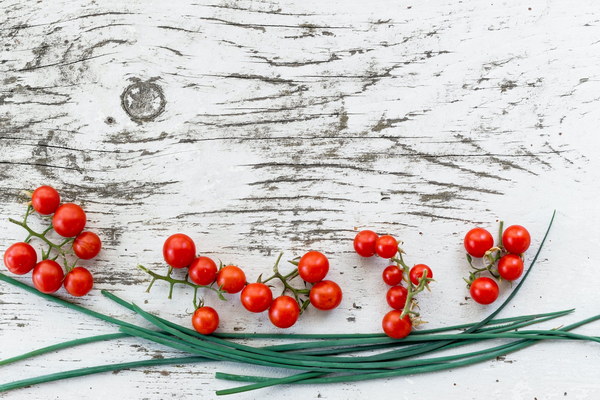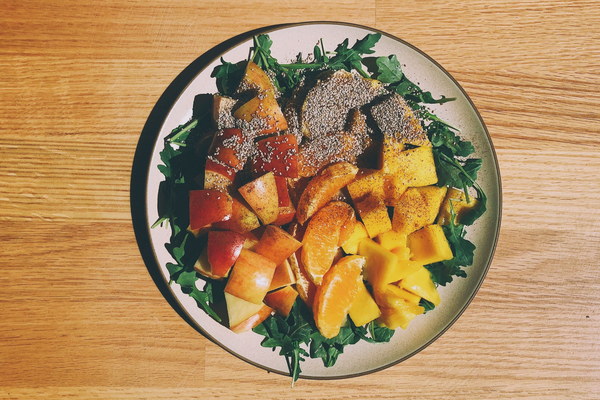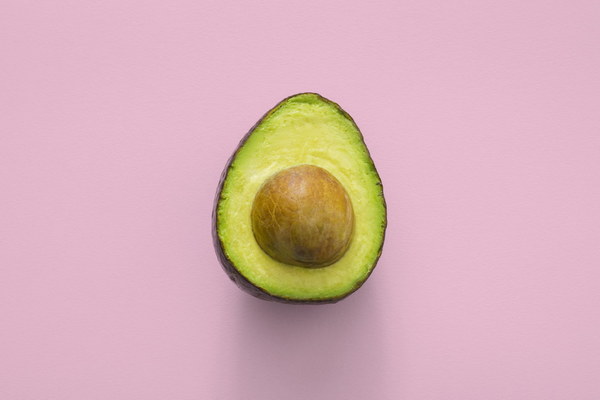The Truth Behind Radishes Can They Really Excrete Dampness for Women
In traditional Chinese medicine, radishes are often praised for their ability to expel dampness from the body. But can they really help women in their quest for wellness? Let's delve into the science and folklore behind this claim.
The Science of Radishes
Radishes, scientifically known as Raphanus sativus, are root vegetables that are rich in vitamins, minerals, and fiber. They are a staple in many Asian cuisines and are known for their crisp texture and slightly spicy taste. But what makes radishes a potential remedy for dampness in the body?
According to traditional Chinese medicine, dampness is an internal imbalance that can lead to a variety of health issues, including fatigue, weight gain, and digestive problems. Radishes are believed to have diuretic properties, which means they can help the body expel excess fluids and reduce dampness.
The active compounds in radishes, such as isothiocyanates and mustard oils, are thought to stimulate the kidneys and improve urine flow. This can help in the elimination of toxins and excess moisture from the body, thus potentially alleviating dampness-related symptoms.
The Folklore of Radishes
Folklore and anecdotal evidence suggest that radishes have been used for centuries to treat a variety of ailments, including dampness. In some Asian cultures, radishes are often consumed in the morning to help wake up the body and boost energy levels.
In traditional Chinese recipes, radishes are frequently paired with other ingredients that are believed to have damp-dispelling properties, such as ginger, garlic, and scallions. These ingredients, when combined with radishes, are thought to enhance the effectiveness of the radishes in expelling dampness.
Can Radishes Really Excrete Dampness for Women?
While there is some scientific evidence to support the diuretic properties of radishes, the claim that they can specifically expel dampness in women is more based on tradition and anecdotal evidence rather than rigorous clinical trials.
It's important to note that the concept of dampness in traditional Chinese medicine is not easily translated into Western medical terms. Therefore, the effectiveness of radishes in treating dampness may vary from person to person.
However, incorporating radishes into a balanced diet can certainly offer numerous health benefits. They are low in calories, high in fiber, and rich in essential nutrients. For women looking to improve their overall health and well-being, adding radishes to their diet may be a simple and tasty way to support their wellness journey.
How to Incorporate Radishes into Your Diet
If you're interested in trying radishes as a potential dampness-excreting food, here are a few ideas:
1. Radish Salad: Shred radishes and toss with a vinaigrette for a refreshing salad.
2. Radish Soup: Blend radishes with chicken or vegetable broth for a soothing soup.

3. Radish Pickles: Ferment radishes for a tangy, probiotic-rich snack.
4. Radish Stir-Fry: Add sliced radishes to your favorite stir-fry recipe for a crunch.
Remember, while radishes may offer some health benefits, they should not be considered a substitute for professional medical advice. If you have specific health concerns or conditions, it's always best to consult with a healthcare provider before making significant changes to your diet or treatment plan.
In conclusion, while there is no definitive proof that radishes can excrete dampness in women, they are a nutritious and flavorful addition to any diet. Incorporating radishes into your meals may help support overall health and wellness, and their traditional uses in dampness-related remedies are certainly worth exploring.









